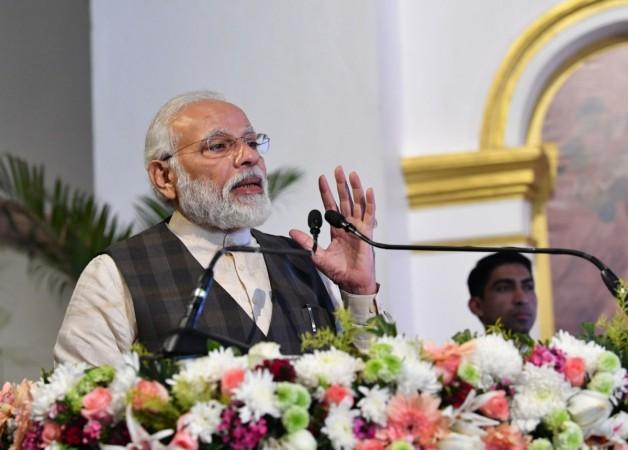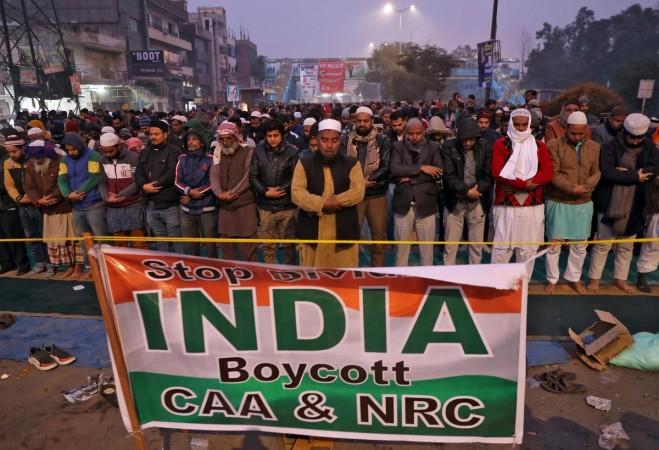In an attempt to clear the 'misconceptions' regarding the Citizenship Amendment Act (CAA) that has fuelled widespread protests across the country, Prime Minister Narendra Modi on Sunday, January 12, said in Kolkata that the act is about giving rights and not about taking them away.
"CAA is a law to provide citizenship, it does not snatch citizenship. The government is providing citizenship through the law, it is not taking back the citizenship of anyone," Modi said while addressing youth at Belur Math.

The PM was speaking on the occasion of the birth anniversary of Swami Vivekananda, the day when India celebrates National Youth Day across the country. Modi said youth and other citizens of the country are being misled on the CAA which came into force on Friday almost a month after Parliament passed it on December 11.
The people who believe in the Constitution of India will be given citizenship on the basis of certain legalities.
The Prime Minister said that the CAA provides citizenship to those migrants who faced persecution in the name of religion in Bangladesh, Pakistan and Afghanistan. "The people who believe in the Constitution of India will be given citizenship on the basis of certain legalities."
He said that the government is following the path shown by Mahatma Gandhi and the new citizenship law is facilitating those migrants facing persecution.
The prime minister's comments come at a time when the country is witnessing violent protests against the law, which experts say is against the Muslim community.
What does the CAA say?
The CAA seeks to provide Indian nationality to Hindus, Christians, Sikhs, Parsis, Jains and Buddhists fleeing persecution from Pakistan, Afghanistan and Bangladesh.

The Citizenship Amendment Act seeks to amend the Citizenship Act, 1955 to make Hindu, Sikh, Buddhist, Jain, Parsi, and Christian illegal migrants from Afghanistan, Bangladesh, and Pakistan, eligible for citizenship of India.
Highlights of the Citizenship Amendment Act
- Granting nationality to non-Muslim immigrants from neighbouring countries.
- The Citizenship Act, 1955, one of the requirements for citizenship was that the applicant must have resided in India in the last 12 months, as well as for 11 of the previous 14 years.
- Now the amendment relaxes the second requirement — from 11 years to six years.
- Provides that the registration of Overseas Citizen of India (OCI) cardholders may be cancelled if they violate any law.








